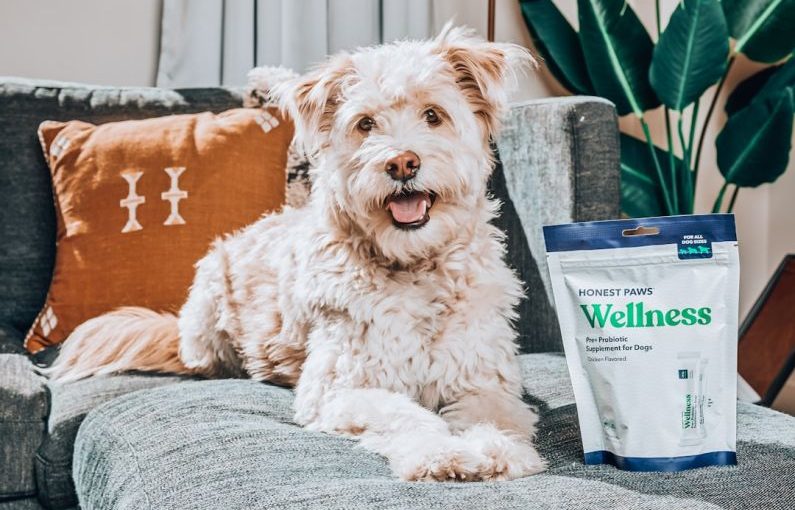Probiotics have gained significant attention in recent years for their beneficial effects on human health. But did you know that these friendly bacteria also play a crucial role in the nutrition of our beloved pets? In this article, we will delve into the world of probiotics and explore their role in pet nutrition.
Understanding Probiotics
Probiotics are live microorganisms that, when consumed in adequate amounts, confer health benefits to the host. These beneficial bacteria are naturally present in the gut of both humans and animals, where they help maintain a healthy balance of microflora. The most common types of probiotics belong to the Lactobacillus and Bifidobacterium genera.
Benefits of Probiotics for Pets
1. Improved Digestive Health
Probiotics play a key role in promoting digestive health in pets. They help maintain a healthy balance of gut bacteria, which is essential for proper digestion and nutrient absorption. Probiotics can also aid in the treatment of various gastrointestinal disorders, such as diarrhea and irritable bowel syndrome.
2. Enhanced Immune Function
A significant portion of the immune system is located in the gut. By maintaining a healthy balance of gut bacteria, probiotics can help strengthen the immune system of pets. This can lead to a reduced risk of infections and other illnesses.
3. Allergy Relief
Probiotics have been shown to help alleviate symptoms of allergies in pets. By modulating the immune response and reducing inflammation, these beneficial bacteria can provide relief for pets suffering from allergies, such as skin rashes or itching.
Choosing the Right Probiotic for Your Pet
When selecting a probiotic supplement for your pet, it is essential to choose a product specifically formulated for their species. Different strains of bacteria have varying effects on different animals, so it is crucial to opt for a probiotic that is suitable for your pet’s unique needs.
It is also important to consider the quality of the probiotic supplement. Look for products that contain a high concentration of live bacteria and have undergone rigorous testing to ensure efficacy. Additionally, consult your veterinarian before introducing any new supplement to your pet’s diet to ensure it is safe and appropriate for them.
Incorporating Probiotics into Your Pet’s Diet
There are several ways to incorporate probiotics into your pet’s diet. Probiotic supplements are available in various forms, including powders, capsules, and treats. These supplements can be easily mixed into your pet’s food or given as a standalone treat.
Alternatively, you can opt for probiotic-rich foods, such as yogurt or kefir, which naturally contain live cultures of beneficial bacteria. However, it is essential to ensure that these foods are safe for your pet to consume and do not contain any harmful ingredients.
Monitoring the Effects of Probiotics
Once you have introduced probiotics into your pet’s diet, it is crucial to monitor their effects closely. Keep an eye out for any changes in your pet’s digestion, immune function, or allergy symptoms. If you notice any adverse reactions, discontinue the probiotic supplement and consult your veterinarian for further guidance.
In conclusion,
Probiotics play a vital role in promoting the overall health and well-being of our pets. By incorporating these beneficial bacteria into their diet, we can help support their digestive health, strengthen their immune system, and provide relief for allergies. Remember to choose high-quality probiotic supplements, consult your veterinarian, and monitor your pet’s response to ensure they receive the maximum benefits from these friendly bacteria.





